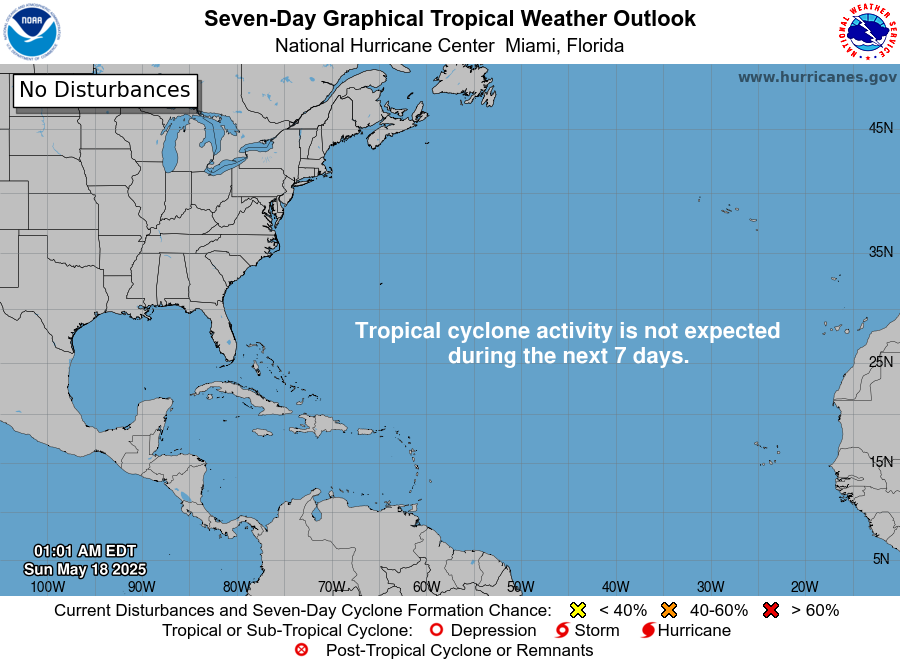Auburn University Researchers Identify Natural Enemy Of Crop-killing Kudzu Bug

By Paul HollisAuburn University
Auburn University entomologists have discovered and identified a tiny wasp that could provide a huge benefit to soybean producers and other farmers.
Though only about the size of a pinhead, the newly detected parasitoid wasp, Ooencyrtus nezarae, can do plenty of damage to the kudzu bug, a quarter-inch-long invasive pest of soybeans and other legume crops in the Southeast. Researchers in the lab of entomologist Henry Fadamiro, associate dean for research for the College of Agriculture and associate director of the Alabama Agricultural Experiment Station, were the first to detect the wasp’s presence in North America.
The research team published its findings in a recent article in the Journal of Insect Science. Blessing Ademokoya, an Auburn graduate researcher at the time of the study and now a doctoral student at the University of Nebraska-Lincoln, is lead author of the article. Fadamiro and Rammohan Balusu, research fellow in the Department of Entomology and Plant Pathology, are co-authors, as are Auburn research entomologist Charles Ray and Jason Mottern, entomologist at the USDA Smithsonian Institution in Washington, D.C. Ray and Mottern assisted in final identification of the wasp.O. nezarae is the second kudzu bug-attacking wasp to be identified in the U.S. The first, Paratelenomus saccharalis, was discovered in Georgia in 2013.
Please visit Alabama News Center for the Full Article
Category: ALL POSTS, Partner News Stories

















